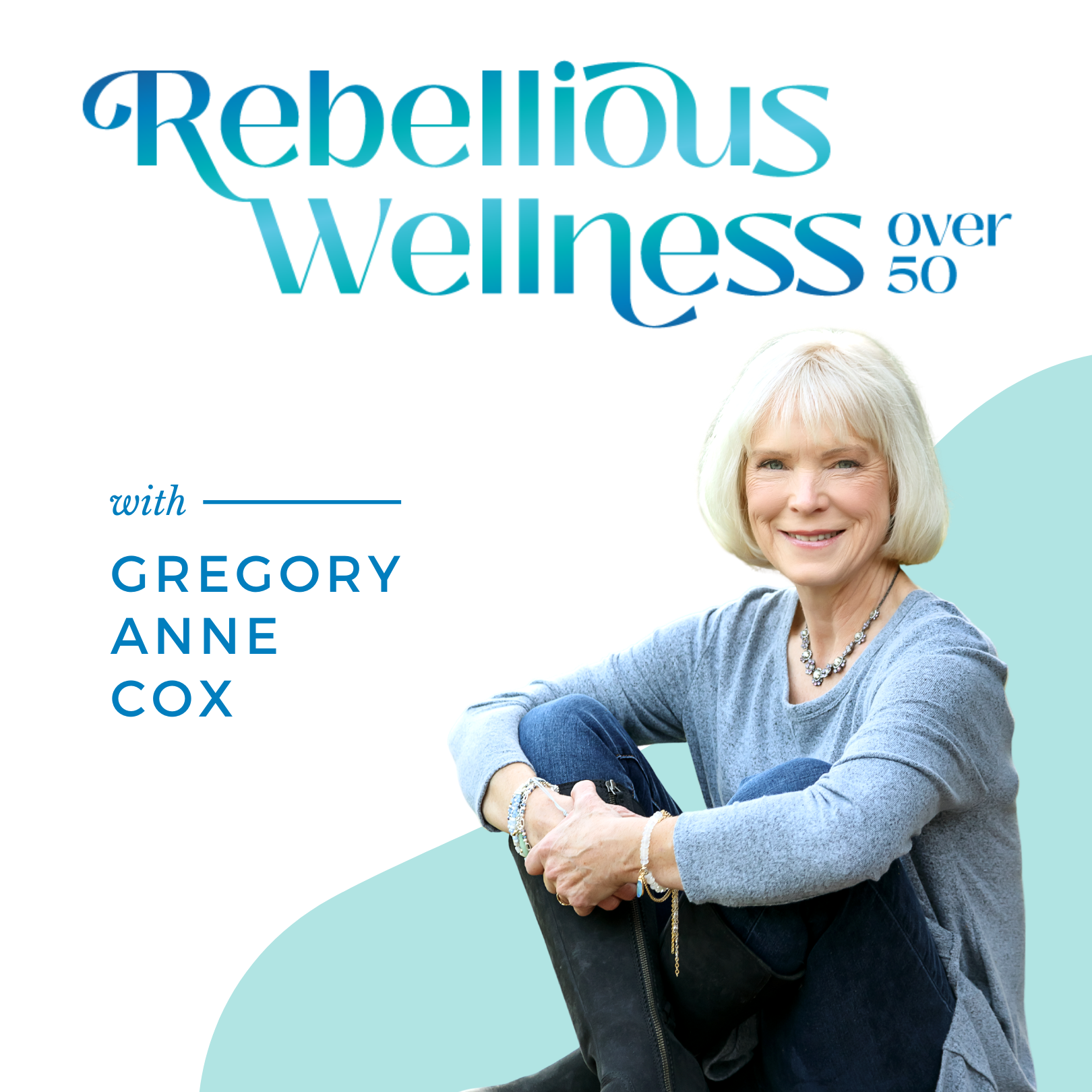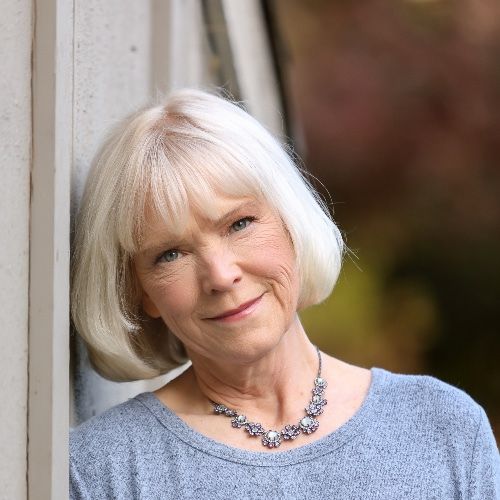Episode 40
Double Standards of Care and Patient Advocacy
Bari Ellen Ross did more than just survive cancer. She became a patient advocate and a voice for underserved communities of cancer patients.
She is currently the volunteer chair of the Winship Patient & Family Advisors (PFA), a member of the Emory Healthcare PFA Council, and a Winship Peer Partner. She was recently appointed to a three-year term as a patient advocate on the National Cancer Institute's Head & Neck Steering Committee's Metastatic Recurrent Task Force. She is helping to develop evidence-based strategies for clinical trials designed to improve the quality of life for patients with head and neck cancer.
Before all of that she had to come to terms with being a woman of color with a life-threatening diagnosis—at the same time, within 72 hours of her diagnosis, her husband was also diagnosed with cancer.
Here’s what she said about that time,
“Our world was already falling apart financially because of the hard-hitting recession, but nothing could prepare us for the devastation that cancer would wreak on our health, our family, our marriage and our future. When our cancer journey began, individually and jointly, we had no idea of the role reversals, disappointments, challenges, losses, let downs and betrayals that lay ahead.”
When her doctor delivered the diagnosis of head and neck cancer, he wasted no time telling her that none of the docs he knew took her insurance but that he “found someone in a book who does, And I don't know anything about him, he's in the book and he can't see you for six weeks.”
I love her response.
" You just gave me a diagnosis of late stage cancer. You're having an insurance conversation and I need to hear a save Bari's life conversation.”
Luckily her daughter was connected to Emory University in Atlanta and was able to get her mother and father moved to Atlanta and put in the hands of some of the best docs in the country.
If you need oncology care Bari says, go to the best hospital you can. Teaching hospitals are at the top and your standard of care will be far greater than at a regional hospital.
Once in remission, Bari began to think about all of the cancer patients who don’t have family as caregivers, or paid care, and great doctors. How would they get through all of this?
And Emory was just starting something called patient family advisors. And they were looking for people who were interested in this. And one of their requirements was you had to be out of treatment for two years. I was only out of treatment nine months and I literally demanded change. I said “I can't wait two years, I need to do this now. And you all need to help me do this.”
Her journey to the present allowed her to see how wide-spread this problem, (the problem of not enough patient education, listening, ensuring they are comfortable with the suggested treatment, follow up after discharge) was, but also how different treatment is for African-Americans and people of color and how different the overall response to it was.
[00:14:00] It took Covid to move the needle on outreach and support for people of color who need help with their health no matter the diagnosis. Many have one or more lifestyle disease or condition, and the medical world has known this but either it didn’t matter or not enough advocacy among those who did know it.
[00:17:00] Often times the reason people (African-Americans in this conversation) don’t go to the doctor is no or not great health insurance. They worry about the bills that will follow treatment.
Bari discussed a bit about what it was like to have your husband going through cancer but with different treatments and expectations and how that tested them.
She became her own advocate to heal in the time and in the way her body was going to do it.
Bari seems to have been brought to exactly the right place because of her cancer experience and she and her husband help both patients and those who want to become patient advocates.
Charles and Bari Ross Volunteers at Winship Cancer Institute

